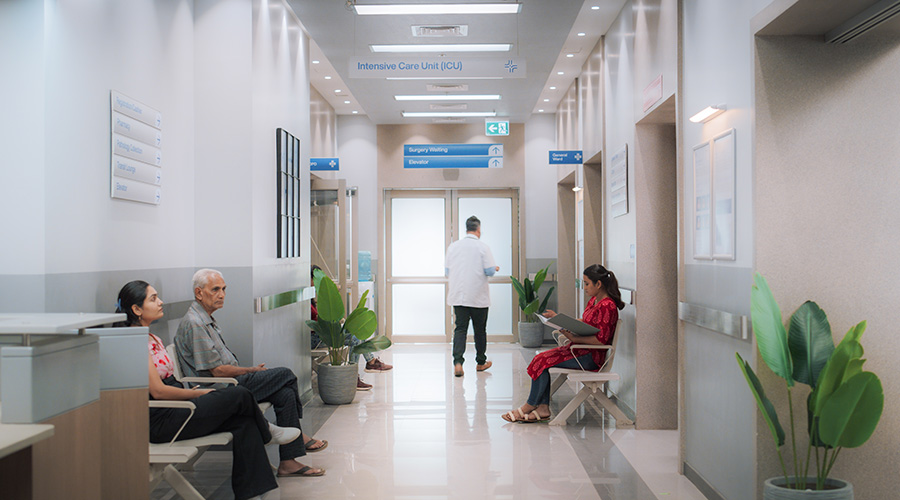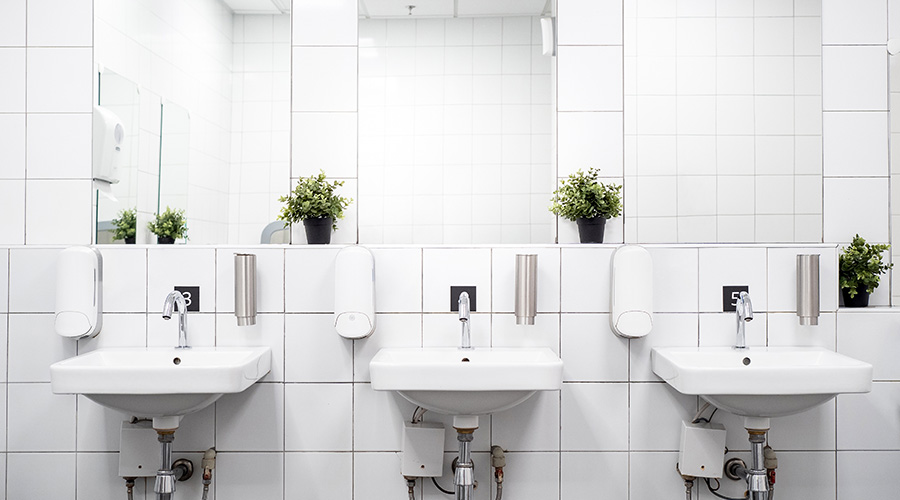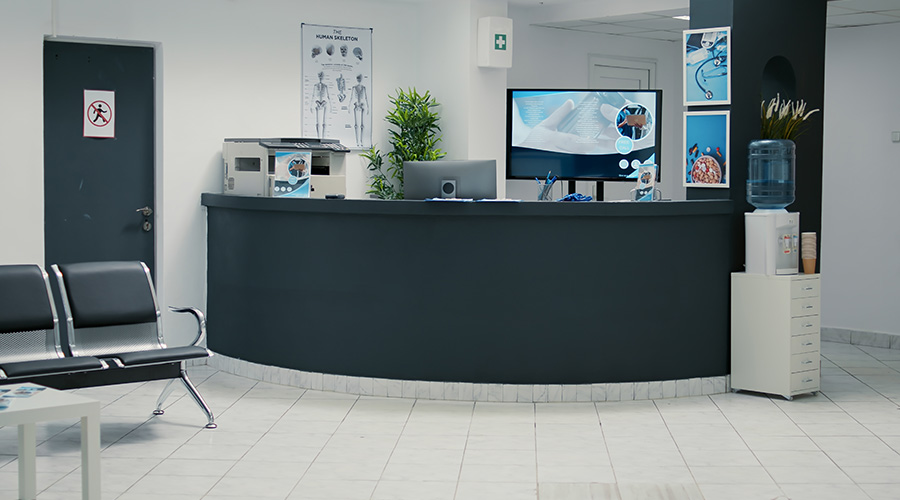Three of the four transplant patients who contracted mold infections at University of Pittsburgh Medical Center (UPMC) hospitals may have become infected because they were put into a “negative pressure” room because the cardiothoracic intensive care unit was full, according to an article on the Pittsburgh Post-Gazette website.
The Centers for Disease Control and Prevention (CDC) team concluded in its preliminary report that the only exposure which has been shown to be statistically significant that of the negative pressure room at Presbyterian where the three cardiothoracic patients stayed for long periods during the transplant process.
Of 124 patients who stayed in that ICU from June 2014 to September 2015, the only patients who were infected stayed in the negative pressure room. They contracted mucormycosis, the fungal mold infection.
That appears to violate the CDC’s environmental infection control guidelines, in place since 2003, which say that severely immunocompromised patients should be kept in positive pressure rooms, where the air inside a room is blown out, not in.

 Rethinking Strategies for Construction Success
Rethinking Strategies for Construction Success From Touchless to Total Performance: Healthcare Restroom Design Redefined
From Touchless to Total Performance: Healthcare Restroom Design Redefined New York State Approves $53M Construction Program at Niagara Falls Memorial Medical Center
New York State Approves $53M Construction Program at Niagara Falls Memorial Medical Center How Health Systems Are Rethinking Facilities Amid Margin Pressure
How Health Systems Are Rethinking Facilities Amid Margin Pressure Ground Broken on New Medical Office Building in Scottsdale, AZ
Ground Broken on New Medical Office Building in Scottsdale, AZ